EU-Morocco trade deals annulled
The European Union’s Court of Justice announced on Wednesday, September 29 that it had annulled two trade deals with Morocco over concerns related to the territory of Western Sahara. The court indicated that Morocco has not obtained the consent of the Sahrawi people of the disputed territory and ruled on the side of the Polisario Front, a group fighting for Western Saharan independence that had filed a case on behalf of the region’s inhabitants. The verdict invalidates a previous decision reached by the European Council in 2019 to permit the North African nation to export goods from resource-rich Western Sahara to the European Union.
Despite the court’s ruling to cancel the trade agreements, which cover trade in agriculture and fishing, it is not known when alternative regulations would take effect. In the interim, the court stated that the stipulations of the trade agreements would be enforced for an indeterminate amount of time “to preserve the European Union’s external action and legal certainty over its international commitments.”
Political updates in Ethiopia, Sudan, and Mali
This week, Ethiopians in three regions of the East African country headed to the polls. The elections, which were held in the Somali region, Harar, and the Southern Nations, Nationalities, and Peoples’ Region (SNNPR), had been delayed due to registration irregularities, a legal dispute, and ballot and security issues, respectively, earlier this summer. Since the June election in the rest of the country resulted in Prime Minister Abiy Ahmed’s party winning 410 of the 436 parliamentary seats, Ahmed will form the next government regardless of these regional outcomes. Notably, the SNNPR will also be voting on a referendum on whether to break away and form their own regional state in hopes of gaining more autonomy and federal funding.
Meanwhile, the crisis in the Tigray region of the country continues to deteriorate as fighting between the government (alongside combatants from neighboring Eritrea) and the Tigray People’s Liberation Front (TPLF) persists. Since the beginning of the violence late last year, thousands of people have died and at least 2 million have fled their homes. Now, more than 5 million people in Tigray—90 percent of the population—are in need of humanitarian assistance, including food aid, but aid groups, in large part, are unable to reach them. Aid agencies are now warning of an impending famine, including “unprecedented” malnutrition among children and pregnant and lactating women. Moreover, on Tuesday, United Nations Under-Secretary-General for Humanitarian Affairs Martin Griffiths accused the Ethiopian government of a “de-facto blockade,” restricting aid to just 10 percent of what is needed. In response, the government, denied the claims as “baseless,” accused the international body of “meddling” in its internal affairs, and expelled seven senior U.N. officials.
On Tuesday, September 21, reports of a failed coup attempt in neighboring Sudan led to an interrogation of suspects by the Sudanese government. Sudan’s prime minister, Abdalla Hamdok, reported that the coup was organized by members in and outside of the military. In response, Sudan has formed a special committee to investigate the coup attempt. In other Sudanese news, Sudan’s government reached an agreement with tribal protestors on the resumption of exports of South Sudan’s crude oil via the Red Sea. Beja tribe protesters, in demonstrations against a lack of political power and poor economic conditions, have been blocking roads in the country, forcing Red Sea ports to close.
In West Africa, Mali’s transition to democracy after the 2020 overthrow of President Ibrahim Boubacar Keita is hitting roadblocks. While the transitional military council had initially agreed to an 18-month transition after the coup, this week, it announced that Mali might push back the presidential and legislative elections set for February of 2022. In an interview with Radio France International and France24 on Sunday, Mali’s interim prime minister, Choguel Maiga, explained, “[The electoral calendar] was based on the requirements of ECOWAS without asking what practical steps must be taken to get there. … The main thing for us is less to stick to Feb. 27 than to hold elections that will not be contested.” While the Economic Community of West African States had previously stated it would impose sanctions if the elections are delayed, the regional body has yet to respond. Meanwhile, French Foreign Minister Jean-Yves Le Drain, in a statement to the United Nations General Assembly, insisted that Mali stick to its election schedule because French military efforts to combat terrorism in the region will not be sustainable “without political stability and respect for the democratic process.”
Algeria begins production of Sinovac COVID-19 vaccine, and Zimbabwe’s vaccine mandate faces criticism
On Tuesday, September 28, Algerian Prime Minister Aymen Benabderrahmane announced that the country will begin producing the Sinovac COVID-19 vaccine this week under a partnership between China and the Algerian state pharmaceutical company Saidal. The country plans to first meet domestic demand for the vaccine before exporting any surplus. Monthly production capacity is expected to ramp up from 1 million doses in October to 5 million doses in January. Algeria also plans to initiate production of the Russian Sputnik V vaccine before the end of the year.
In related news, Zimbabwe’s vaccine mandate, which will require employers to bar unvaccinated workers from entering the workplace, faces criticism for threatening the livelihoods of some of the world’s most vulnerable people. Critics fear that such mandates—in combination with immense difficulties in obtaining the vaccine—will lead to terminations and, thus, further financial insecurity. As Dewa Mavhinga, southern Africa director for Human Rights Watch, said, “The Zimbabwe government should first focus on making sure that vaccines are equally available to all people without any obstacles before considering making them mandatory.”
Notably, Zimbabwe’s vaccination rate of 15 percent is far above the African average of 4 percent, but, according to the Associated Press, inconsistent vaccine supplies at local clinics and enduring vaccine hesitancy, fueled by distrust of authorities and low reported COVID-19 caseloads in in the country, limit voluntary participation. While procuring doses is still a pervasive problem for African nations, Zimbabwe claims it now has ample supplies from China. Other African governments may follow suit in instituting vaccine mandates, as the challenge shifts from acquiring vaccines to administering them and reaching herd immunity. Most countries have not reached that point and are, like South Africa, implementing incentives, such as permitting the fully vaccinated to attend previously shuttered sports and music events, in order to promote vaccine uptake.
The Brookings Institution is committed to quality, independence, and impact.
We are supported by a diverse array of funders. In line with our values and policies, each Brookings publication represents the sole views of its author(s).

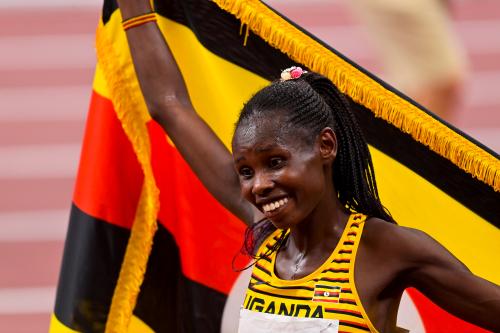
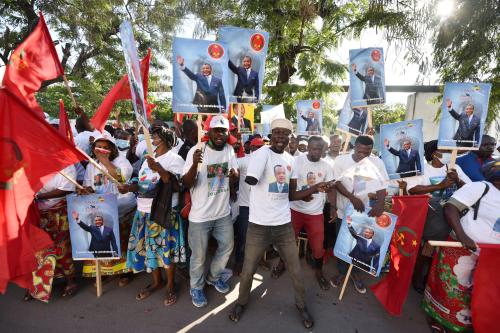
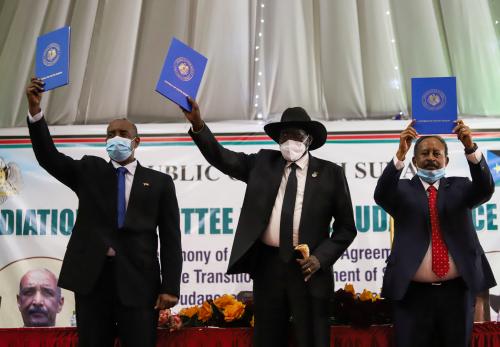
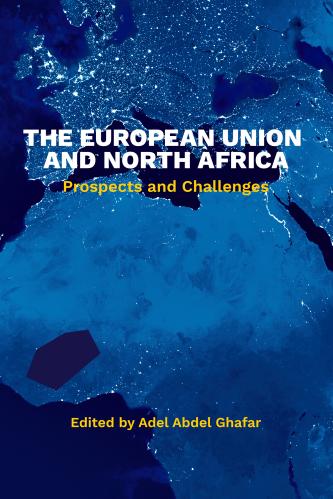
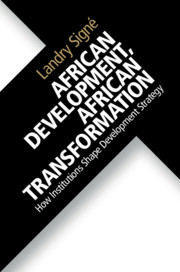
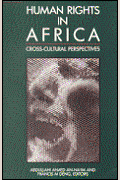

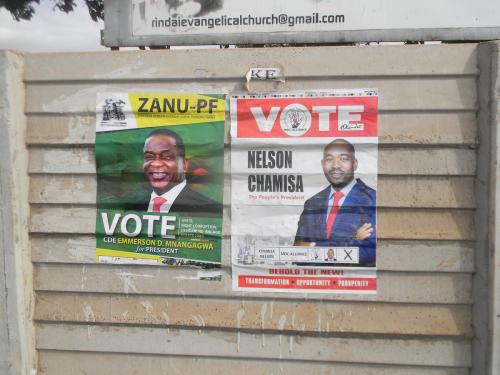
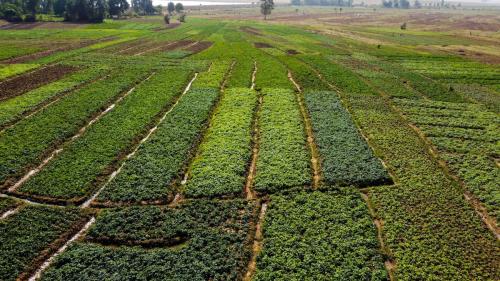
Commentary
Africa in the news: Morocco-EU trade, politics, and vaccine updates
October 2, 2021